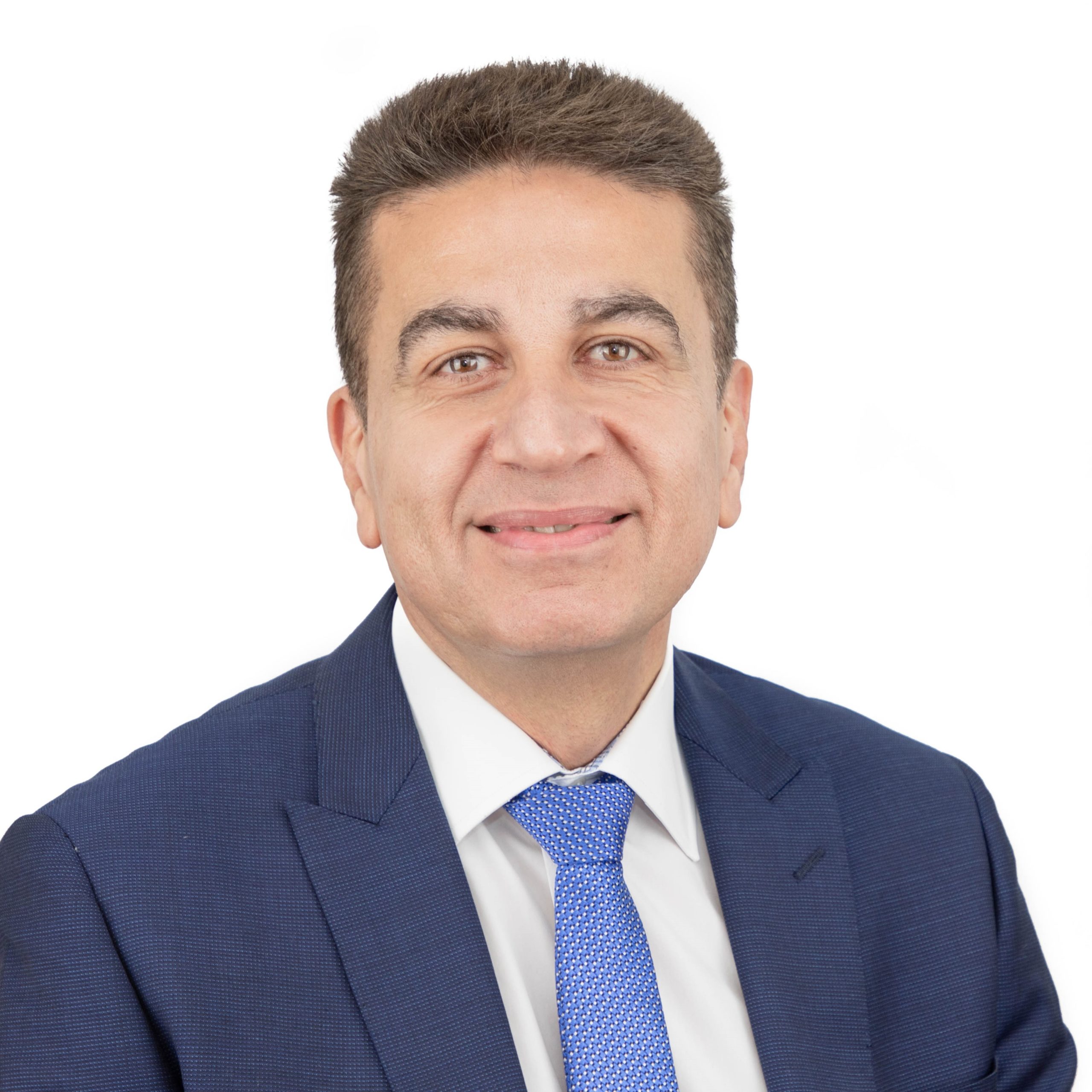Allergies in children
In the UK, 40% of children have been diagnosed with an allergy, with the four most common allergies in children being food allergy, eczema, asthma, and hay fever.
About our children's allergy service
Up to three to four children in every ten, are affected by allergies at some time in their life, and the incidence is on the increase. Food allergies can develop at any age, although a smaller proportion of adults suffer from food allergy compared with children. In children, between three to seven out of ten will be diagnosed with a food allergy before the age of three, but their allergy can often disappear before adulthood.
The specialists in our paediatric outpatients department can help both you and your child cope with a wide range of allergic disorders, such as anaphylaxis, asthma, eczema, food allergies, rhinitis, and sinusitis.
If you are uncertain of whether your child is suffering from an allergy, we can also perform private children's allergy testing at the hospital.
A food allergy is when the body reacts to specific foods. The body’s immune system mounts a response to the specific foods, and this is shown with the symptoms of an allergic reaction. Allergic reactions can often be quite mild but, on occasion, can be very serious and should be investigated to ensure clarity and appropriate guidance.
An aeroallergen is any type of airborne substance which causes an allergic reaction. Common types of these allergens are grass, tree and weed pollens, mould spores, animal dander, and house dust mites.
These are often associated with symptoms of hay fever, runny noses, and sore eyes. They can also exacerbate other atopic conditions, such as asthma and eczema.
Testing for aeroallergen allergies can be achieved in a similar way to food allergies, with skin prick testing and blood tests being able to help with the identification of certain triggers. Your allergy consultant can then advise the best course of management to minimise the impact of these allergies on your daily life.
Allergen immunotherapy is the only curative measure available for management of aeroallergen symptoms and is available for pollens, dust mites, and animals. An immunotherapy service is provided at Cromwell Hospital, with one-to-one nursing care supporting administration of all immunotherapy.
Eczema, otherwise known as atopic eczema or atopic dermatitis, is a common skin condition that causes patches of skin that are itchy, cracked and sore.
Although not always associated with allergy, it can commonly be exacerbated by food or aeroallergens. Identifying these can help with ongoing management of the condition.
Asthma is a common lung condition that causes occasional breathing difficulties with symptoms of shortness of breath and wheezing. Sometimes, this can also be triggered or exacerbated by allergen exposure.
Gaining a proper assessment of all atopic diseases is vital for identifying triggering factors, whether these be aeroallergens or foods so that these can be avoided to improve health outcomes. Please contact our Allergy Services for further information, to speak to our Allergy Nurse Specialist, or to arrange an appointment with one of our specialist consultants or dietitians.
Private allergy tests for children
At Cromwell Hospital, we provide a range of private child allergy tests.
Prior to undertaking any allergy testing, it is important to see a specialist allergy doctor to gain an allergy focused clinical history. On the basis of this, diagnostic testing may be appropriate.
Skin prick tests are used to measure levels of IgE antibodies to specific foods.
These tests can be carried out on infants and children. The results are available after approximately 15 minutes, although these need to be interpreted by an allergy specialist.
Blood tests measure levels of IgE antibodies in the blood.
These can sometimes be used separately from skin prick testing (SPT) but also sometimes alongside SPT to assist with diagnosis. Advances in blood testing have allowed, in some instances, to target very specific proteins to give an even clearer diagnostic picture.
Oral food challenge is the ‘gold standard’ test for food allergies. Often, a good clinical history and positive skin +/- blood test results will provide a clear diagnosis. Sometimes, this diagnosis is still not certain.
At Cromwell Hospital, we run oral food challenges where your child is introduced to the suspected food item in increasing incremental portions and observed very closely for signs and symptoms of a reaction. Portion sizes often start at incredibly small doses, growing to what would be equivalent to a standard portion. Children who pass these challenges are then able to safely reintroduce these foods into their diets.
Private paediatric allergists in London
Our paediatric allergy specialists are highly experienced in the diagnosis and treatment of childhood allergies.
We are also able to direct you to associated specialists in the fields of dermatology, respiratory medicine, gastroenterology, and ENT if necessary.
Paying for your treatment
We welcome both self-paying and insured patients.
Self-pay patients
We offer several ways for patients to self-pay, including pay-as-you-go and self-pay packages.
Insured patients
At Cromwell Hospital, we accept private health insurance from most major providers, including AXA, Aviva, Bupa, and Vitality.
Our locations

Contact us
For enquiries, please contact David Swarc, Clinical Nurse Specialist in Allergy.




